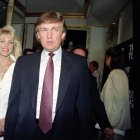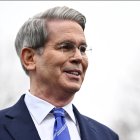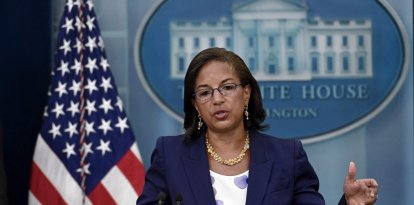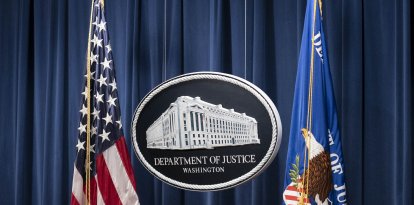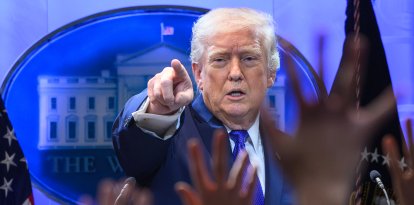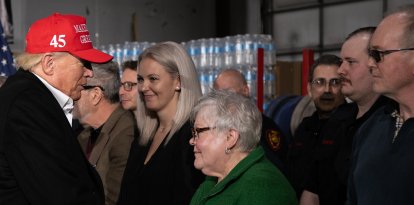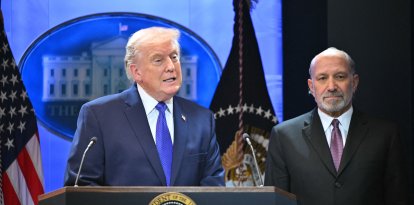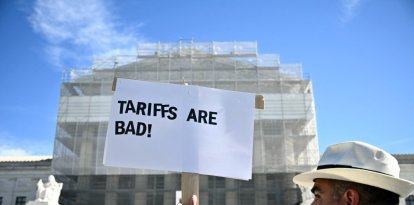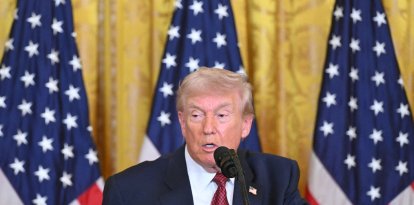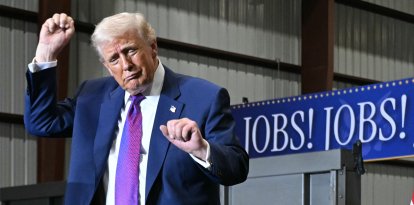At least 50 countries have already contacted Trump to negotiate lower tariffs
This was assured by the head of the National Economic Council (NEC), Kevin Hassett, who also estimated that the effect on U.S. consumers is not going to be very great.
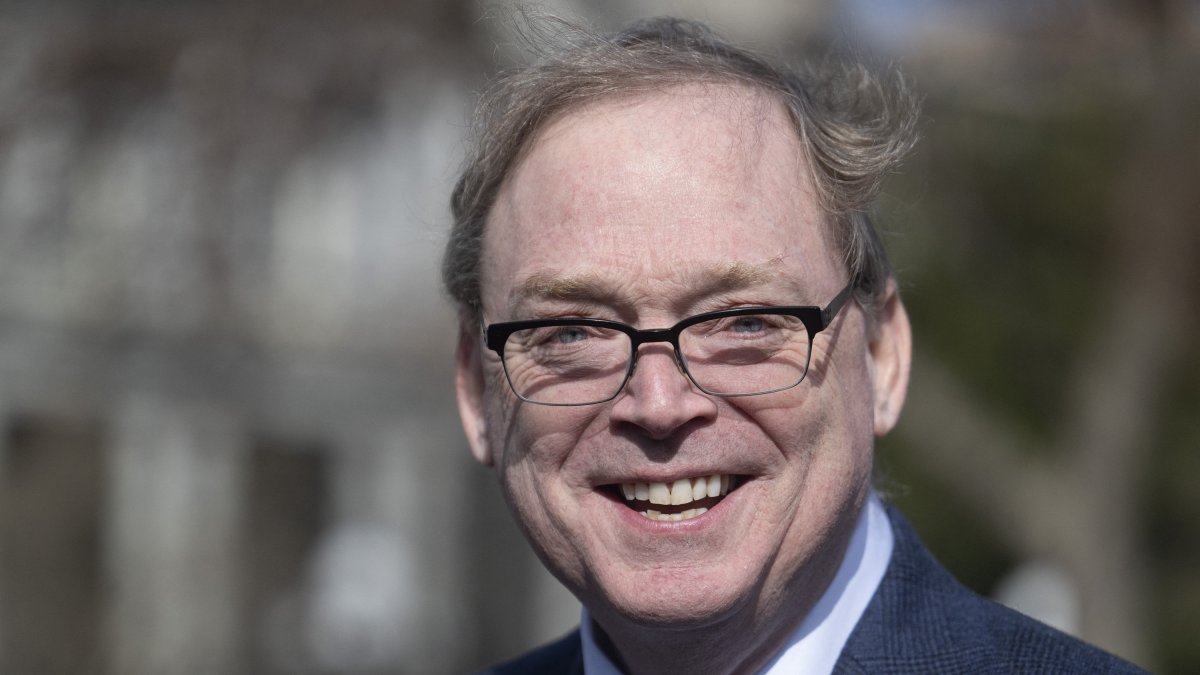
Hassett at the White House/ Jim Watson.
Fifty countries approached the White House to begin negotiations on reciprocal tariffs. This was assured Kevin Hassett, head of the National Economic Council (NEC), in an interview with ABC News. The official also estimated that the effect on U.S. consumers will not be very great.
On Wednesday, April 2, Donald Trump announced a wave of tariffs, triggering a fall in stock values and concern among world leaders. While some have already announced retaliatory tariffs, others have opted to eliminate their tariffs or contact the White House to try to negotiate.
The latter was encouraged by Eric Trump, one of the president's sons. "I wouldn’t want to be the last country that tries to negotiate a trade deal with Trump. The first to negotiate will win - the last will absolutely lose. I have seen this movie my entire life," he wrote on his X account.
'50 countries have reached out to the president to begin a negotiation'
Hassett, who held the same position during part of the first Trump administration, spoke about the international response.
"I got a report from the USTR last night that more than 50 countries have reached out to the President to begin a negotiation, but they're doing that because they understand that they bear a lot of the tariff," he stated.
"And so I don't think that you're going to see a big effect on the consumer in the U.S. because I do think that the reason why we have a persistent long-run trade deficit is these people have very inelastic supply. They've been dumping goods into the country in order to create jobs, say, in China," Hassett added.
'This is the beginning of a process. We're going to re-industrialize'
"So I think that this is the beginning of a process. We're going to re-industrialize, that we have gone to a highly financialiazed economy. We have stopped making things, especially a lot of the things that are relevant for national security," Bessent noted.
"So, what we are doing, on one side, the President is reordering trade. On the other side, we are shedding excess labor in the federal government and bringing down federal borrowings. And then on the other side, that will give us the labor that we need for the new manufacturing, and we're going to re-lever the private sector," he added.
Days after its release, Bessent's interview with Carlson reached 6 million plays on X.





